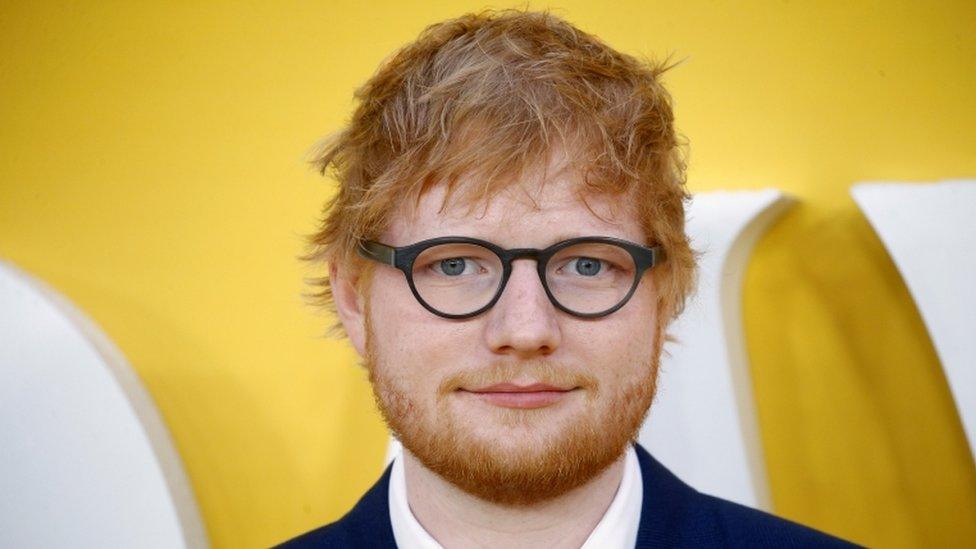Ticketmaster demand-based pricing system criticised
- Published
- comments
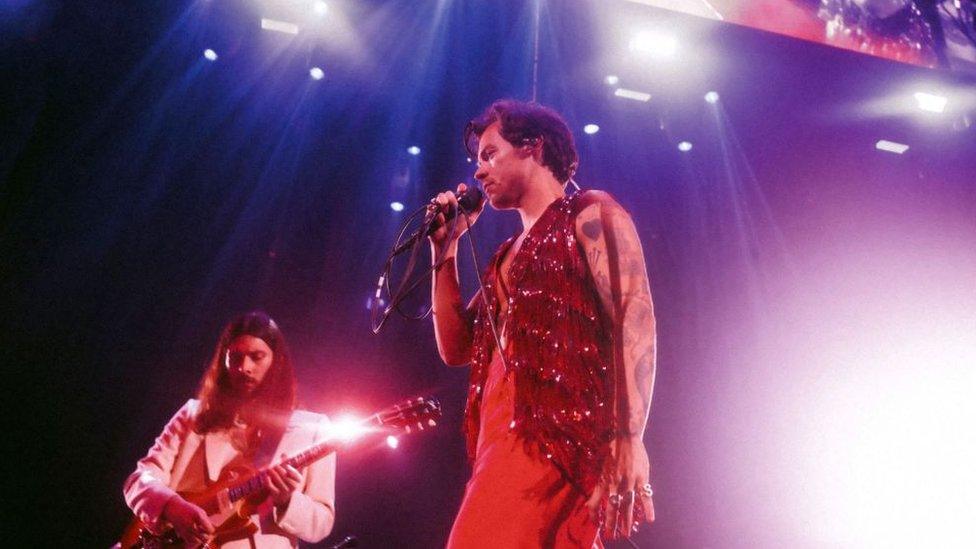
Harry Styles has used dynamic pricing for his Love On Tour concerts in 2023
A new Ticketmaster pricing system, which alters the price of tickets based on demand, is being criticised by both fans and industry experts.
Called dynamic pricing, it has been used in the UK for recent sales by Harry Styles, Coldplay and Blackpink.
The system is regularly used in the US, where the resale market is a lot bigger, and touting is more prevalent.
Ticketmaster say it is being used to try to stop touts, and to give more money to artists.
But fans say they are being priced out of concerts, with some tickets doubling in price.
How does it work?
On the Ticketmaster page for Harry Styles's tour, a notice explains: "These tickets vary in price driven by demand from fans, similar to airline tickets and hotel rooms.
"We give fans an opportunity to safely buy official tickets for the events they love, right up to the date of the show."
The pricing system means Ticketmaster does not publicise ticket costs ahead of time - as they will change constantly, based on demand.
Adam Webb is a campaigner for the FanFair Alliance, a group that aims to stop ticket touting in the UK.
He told the BBC "there's a whole bunch of issues" with trying to price tickets based on demand.
"You've got the face value price, which is determined by the artist and promoter, then you have the secondary market price, which is obviously going to be a lot more because it's mostly ticket tout businesses reselling those tickets, and you're trying to inflate the primary ticket price to get closer to that."
The logic is that by increasing prices on the official website to match what touts are charging on secondary sites like Viagogo and StubHub, the touts will be scared off, meaning Ticketmaster (and the artists) can keep the extra profit.
It also prevents people from buying fake tickets, although most resale sites do offer refunds for fraudulent sales.
"I've been investigating this market for years now and most of the tickets on Viagogo are speculative, they haven't even been bought yet - so you're sort of using criminals to price your product, which is crazy really," said Mr Webb.
In Ireland ticket touting - selling tickets above face value - was banned last year, external.
Allow X content?
This article contains content provided by X. We ask for your permission before anything is loaded, as they may be using cookies and other technologies. You may want to read X’s cookie policy, external and privacy policy, external before accepting. To view this content choose ‘accept and continue’.
But tickets for Harry Styles's 2023 gig at Slane Castle are being sold for more than double their original face value on Ticketmaster - €195 instead of €97.
When the BBC asked Ticketmaster about this, they said introducing dynamic pricing was "an important shift necessary to maintaining the vibrancy and creativity of the live music industry" and that "promoters and artist representatives set pricing strategy and price range parameters on all tickets, including fixed and market price points."
Its statement added: "Like sports teams, artist representatives and promoters recognise the benefit of pricing tickets closer to market value.
Some artists have been rejecting the dynamic pricing structure and trying to keep costs low for fans.
Tom Grennan said on Twitter, external this week "the pinch is real and I take it very seriously". He added that for his UK tour "we've worked hard to pull the cost of tickets down, and dismissed all VIP and platinum ticket options in the middle of a cost-of-living crisis".
Allow X content?
This article contains content provided by X. We ask for your permission before anything is loaded, as they may be using cookies and other technologies. You may want to read X’s cookie policy, external and privacy policy, external before accepting. To view this content choose ‘accept and continue’.
Ahead of their arena tour, Paul Heaton and Jacqui Abbott told the BBC, external: "We're getting paid enough and we want to keep it low for you". Prices for the best tickets are capped at around £36.
'This is an absolute joke'
Rebecca McGowan is a children's clinical nurse specialist from Tamworth, and a huge Harry Styles fan.
"I went to Harry's last tour back in June and went three times. I thought the tickets were really good value for money to be fair," she told the BBC.
Rebecca paid £56 for a seated ticket in Manchester, £110 for pit standing in the same venue and £96 for a seat at Wembley Stadium.
But when it came around to buying tickets for next year's shows, which are also part of the same Love On Tour concert series, she noticed a big difference in pricing.
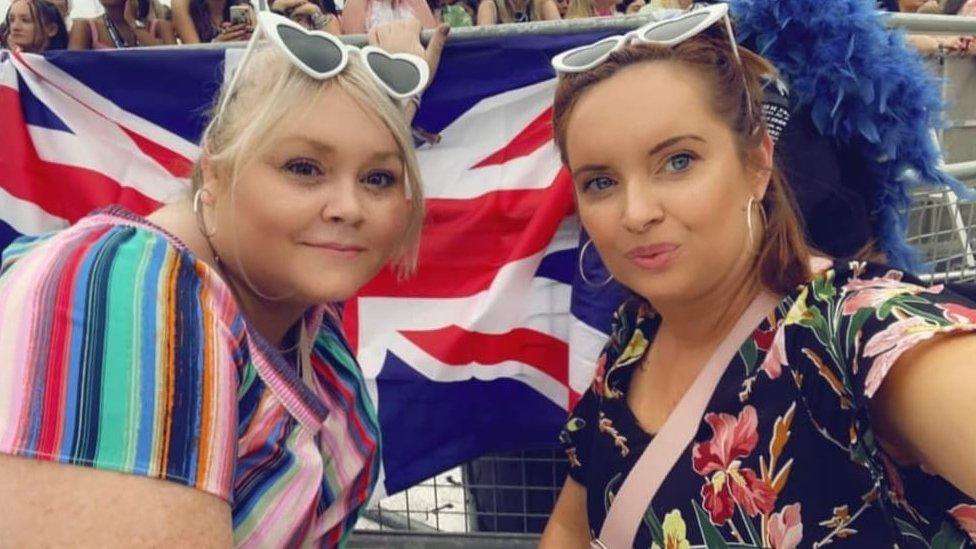
Rebecca McGowan (left) is a big Harry Styles fan
She put two tickets in her basket, costing £155 each for pit standing at Wembley Stadium, but when she hit "purchase" it said they were no longer available.
"I scrolled down the screen and it said, 'pit tickets £386 each' for the same area. Lo and behold I could get them - but I refused because they were the same tickets. It really annoyed me... As much as I love going to concerts, I was like 'no chance' - this is an absolute joke."
The tickets had increased in price while she was on the buying page, as Ticketmaster matched the demand from resale websites.
Tackling touts
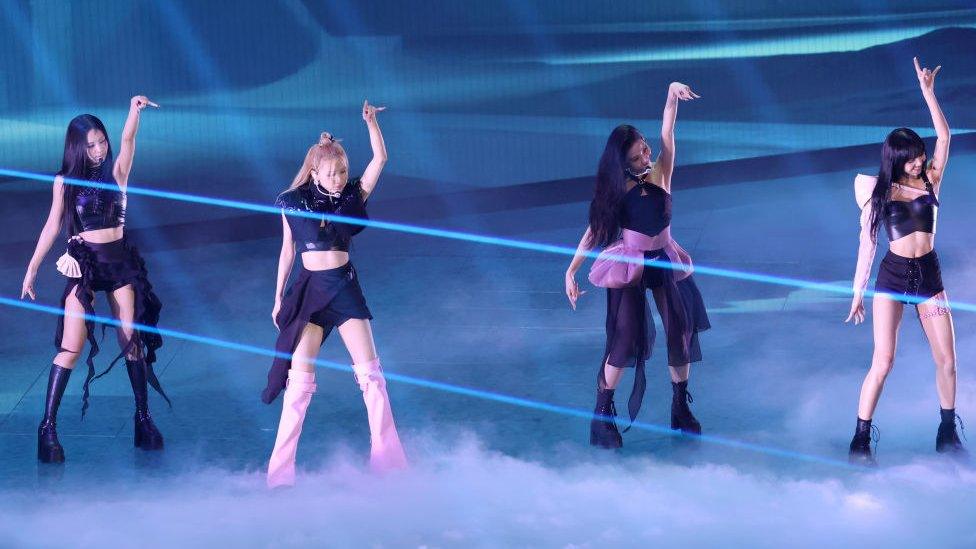
Blackpink performing at the MTV VMAs in August 2022
Critics of dynamic pricing say artists can already stop touting, by applying their own ticketing rules.
Ed Sheeran has been one of the frontrunners in tackling the secondary market, by requiring IDs to be checked against tickets on doors, and cancelling any tickets listed on resale sites.
For his 2018 tour he cancelled more than 10,000 tickets, and partnered with face-value resale site Twickets to make sure tickets weren't sold on at an inflated price to fans.
The Arctic Monkeys have also set similar conditions for their 2023 tour, external, stating that tickets can only be resold at face value on certain approved platforms and that "tickets may be cancelled" if sold for profit on resale sites.
Both of these tours were sold through Ticketmaster, and the company emphasises that it is "promoters and artist representative" who "set pricing strategy and price range parameters on all tickets".
According to its website, external, Ticketmaster does not make any money from the face value of a ticket, and covers its costs from ticket fees alone.
Another way to tackle price inflation is by selling directly to fans through fan club pre-sales, offering unique codes and limiting how many tickets can be sold.
K-Pop group Blackpink also used dynamic pricing for their 2022 tour, but those who had already paid for fan membership got access to face-value tickets first.
Laura Smith, who works as a PR consultant in Leeds, spent £25 on a Blackpink loyalty membership in December 2021, which promised early access to tour tickets - even though no tour had been announced at the time.
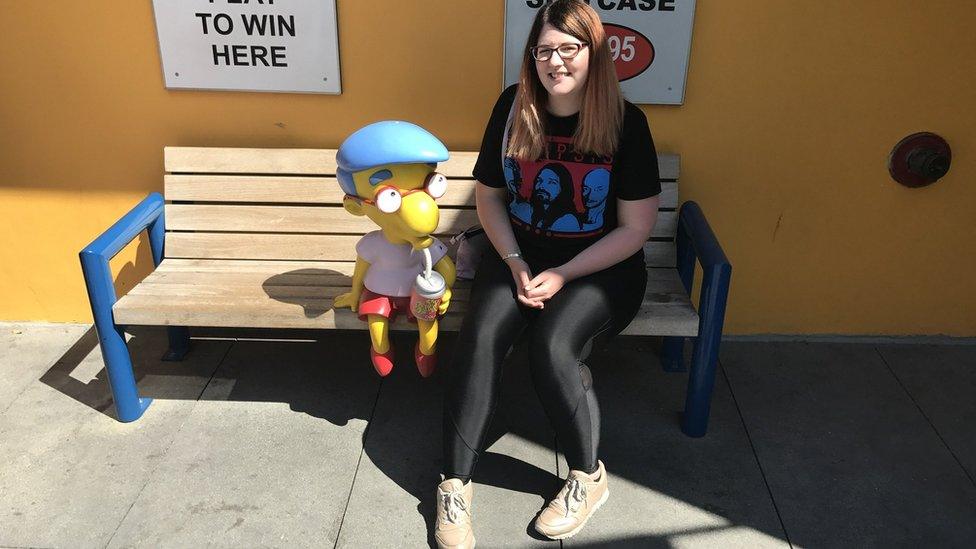
Laura Smith signed up to Blackpink's fan membership package before they'd announced a tour
"I used my early-bird membership code to get online in the first hour of tickets being on sale ," she told the BBC. "The fact that I'd had that membership since December hopefully shows how dedicated you have to be to get that early access."
Laura is part of a big K-Pop community and says lots of people she knows missed out on tickets, as they couldn't afford the inflated prices: "It just feels like a way of making music less accessible to people who love going to see live music. I don't see how it benefits anyone apart from Ticketmaster."
She says not knowing how much money to put aside ahead of tickets going on sale "is very stressful".
"With tickets fluctuating it makes it so hard to budget and spend within your means - I can definitely see how you could be tempted to spend more if [inflated tickets] are the only thing available."
Related topics
- Published25 April 2018
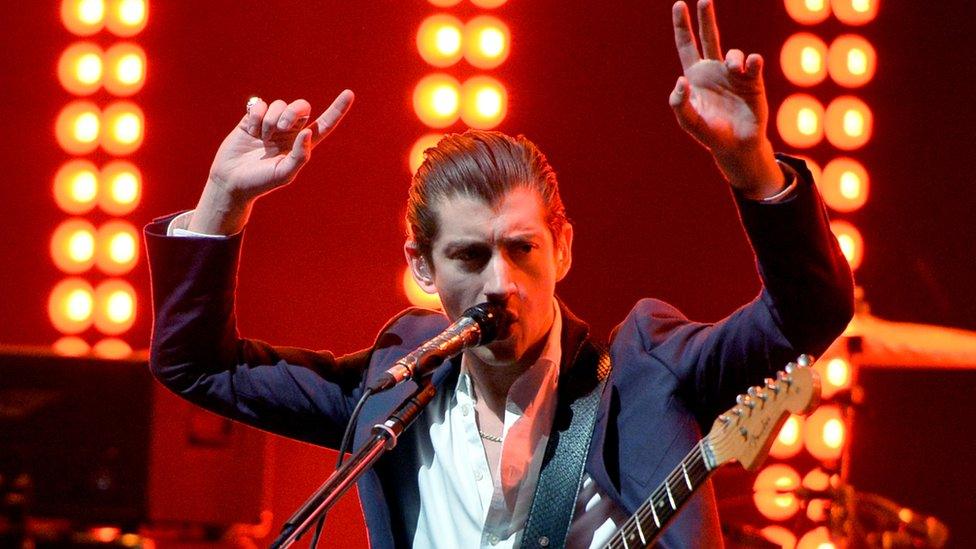
- Published22 May 2018
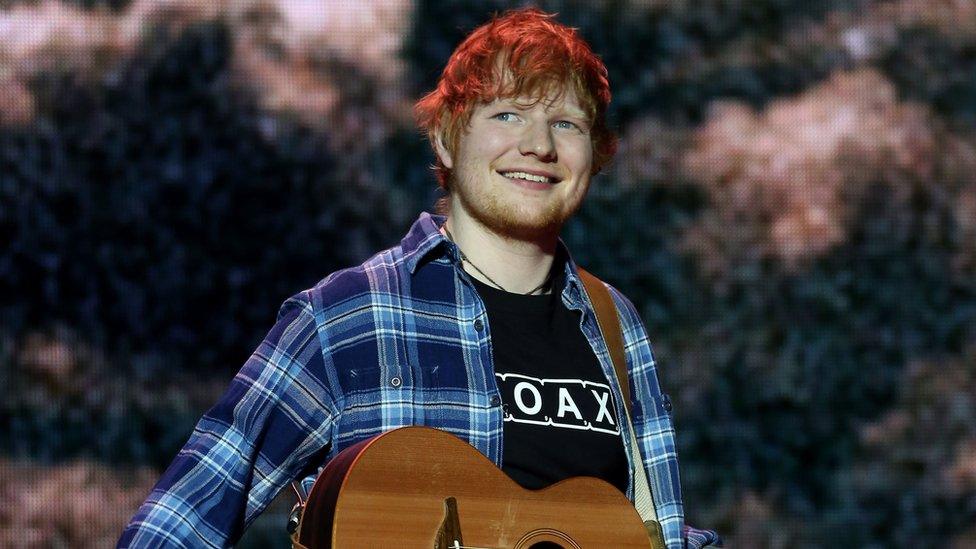
- Published24 February 2020
